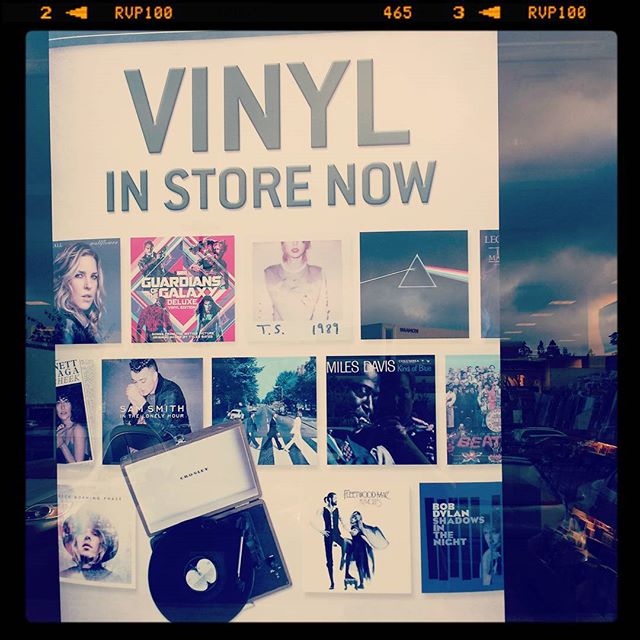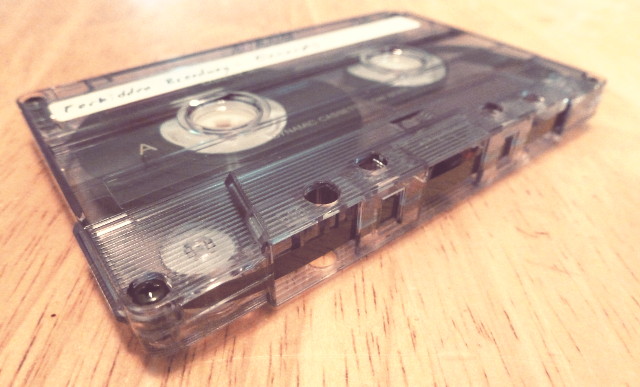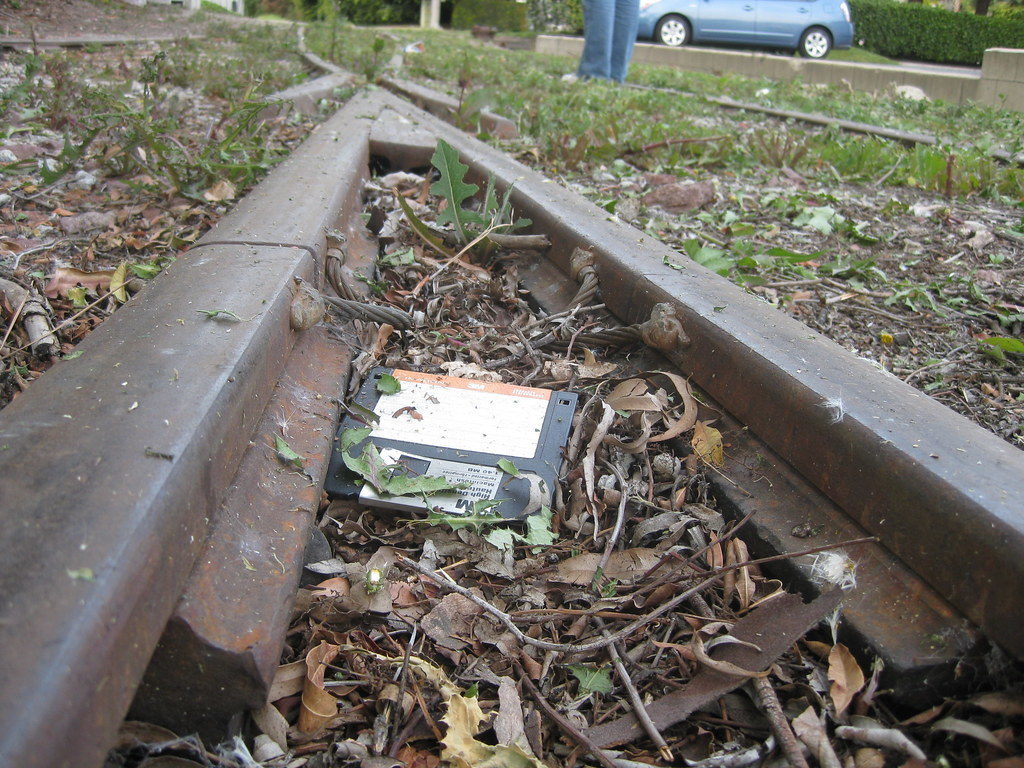So, NPR ran a post by an intern who doesn’t get the whole paying-for-music thing — or, rather, realizes now that she ought to, but doesn’t want to pay for physical media of specific songs or albums.
The Trichordist responded with an open letter about the ethics of file sharing, which is a great read from the artist side of the fence, but also mixes up several issues. In particular, it misrepresents a large part of the “other side.” He starts off saying that Emily White seems to have succumbed to “false choices” presented by “Free Culture,” then goes on to present his own false choices, somehow managing to characterize rampant piracy, Creative Commons*, and the tech industry as if they’re all the same thing.
The issue is not simply “pay for everything” vs “take what you want because you can.”
Among other things it’s about recognizing that distribution channels have changed, so business models must as well. It’s about trying to come up with a system that doesn’t put unnecessary roadblocks in place. It’s about enabling those who do want to share their art in different ways to be able to do so easily.
Edit: It’s also about, and here’s where the tech industry comes in, recognizing that technology does change the legal landscape. Remember the debate over whether Google should pay up for thumbnails in image search results? (Kind of like requiring card catalogs to pay to use the title of the books they refer to.) Or Congress trying to decide whether copying a media file or program from disk to RAM constituted a legal “copy” subject to copyright restrictions?
Edit 2: And then there’s the matter of opening up the gray areas, or rather the areas that most of us intuitively see as gray, but that current copyright law treats as black and white, such as fan art and fan fiction. Technically, a six-year-old’s scrawled Mickey Mouse is illegal. Technically, software companies can tell you how many backups you’re allowed to make. Enforcement is spotty (fortunately), but that means if someone wants to get you in trouble for something else, all they have to do is report you.
If you want to make music and I want to listen to it, I’m happy to pay you for it. I have a lot of music on my iPod, and yes, I’ve paid for it. My last MP3 purchase was a week ago. Heck, I’ve bought music from Jonathan Coulton, who gives it away for free (under a Creative Commons licence, I might add).
So yeah, I’m willing to pay for music. But I don’t want to have to pay separately to listen to the same music on my home sound system, on my computer, on my phone, and in my car because your publisher has decided to put DRM in place that makes it difficult for me to move that music around. If you live on the other side of the planet from me, I want to be able to give you money directly and download the song over the internet instead of having to wait for publisher A to make a deal with publisher B and ship physical media around.
Technology has presented us with new ways of distributing art. Something like Pandora or Spotify would have been impossible before broadband internet. So let’s find ways to make it work for everyone instead of characterizing everything that isn’t pay-per-song as no better than looting.
It doesn’t help to complain about one set of false choices and then present your own.
*He cites the Creative Commons’ tax return to indicate the backers of the Free Culture movement, so it seems clear he looks at them as the same thing.



